|
|
|
|
Urban transport is increasingly beleaguered by two, conflicting problems. To combat pollution and reclaim space, urban planners are constantly looking to reduce car traffic. Residents, meanwhile, need to travel through congested cities and going by car may be the fastest, easiest option. But recent research by Rafael Prieto Curiel and Juan Pablo Orjuela’s found that if people choose their method of travel based solely on what will be quickest for them, journey times
increase for everyone. Instead, they argue, we should encourage people to make transport choices that work for the collective.
From next year, using your phone at the wheel will be fully illegal in the UK. But experts argue that the ban, which only applies to hand-held phones, doesn’t go far enough. Hands-free devices are no less distracting.
We also ask how the police can regain public trust in the wake of Sarah Everard’s murder and unpick the challenges Fidel Castro bequeathed Cuba on his death, five years ago.
|

|
Dale Berning Sawa
Commissioning Editor
|
|
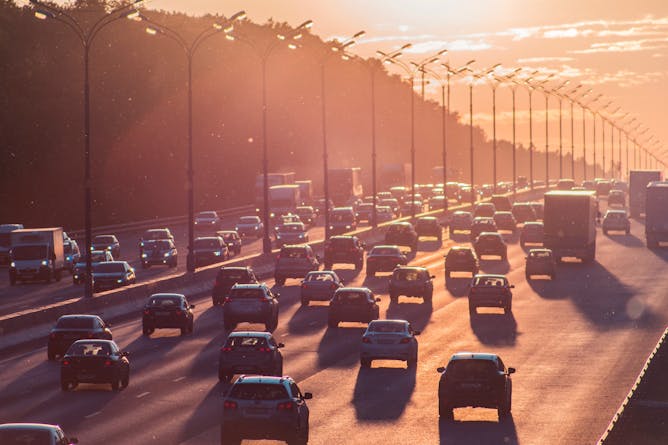
The more people choose the fastest route by car, the more congested a city becomes.
Alexander Popov | Unsplash
Rafael Prieto Curiel, UCL; Juan Pablo Orjuela, University of Oxford
Apps are telling us how to get around our cities faster. But if each person acts only in their own interest, society at large gets stuck in traffic.
|
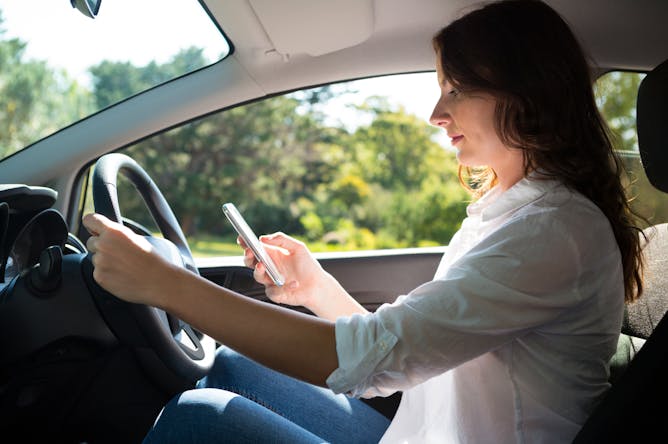
wavebreakmedia/Shutterstock
Gemma Briggs, The Open University; Helen Wells, Keele University
Many drivers still use mobile phones despite the fact that it’s illegal.
|
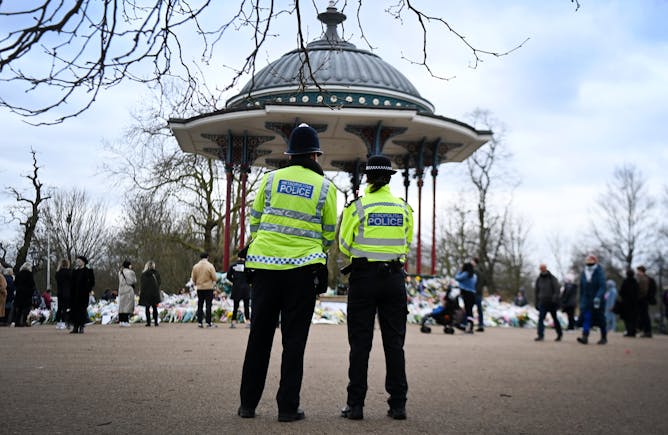
Andy Rain/EPA
David BaMaung, Glasgow Caledonian University
The police must challenge and change the damaging culture that for so long has allowed unacceptable behaviour by police officers to go unpunished.
|
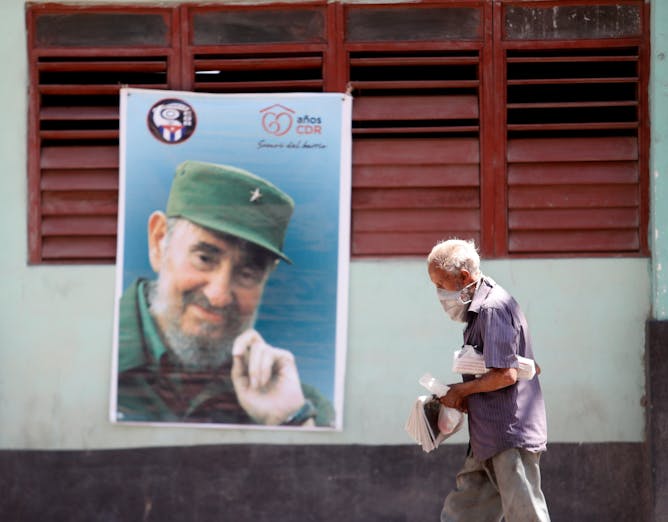
h.
Parvathi Kumaraswami, University of Nottingham
Cuba has handled COVID well, but sanctions and economic uncertainty are causing unrest among some sections of society.
|
Health + Medicine
|
-
Bruce Thompson, Swinburne University of Technology
Not only have asthma attack rates decreased during the pandemic, evidence suggests people with asthma are not at increased risk of severe outcomes from COVID.
-
Áine Kelly, Trinity College Dublin
People who were more active had lower levels of inflammation in their brain.
|
|
Environment + Energy
|
-
Matthew Davies, Swansea University
Re-using elements from solar panels is essential to mitigate climate change, says an expert
-
David Werner, Newcastle University
New research shows that universities could offset carbon by changing some of their land to woodlands and meadows.
|
|
Science + Technology
|
-
Catherine Manning, University of Reading; Gaia Scerif, University of Oxford
Children with dyslexia seem to find it more difficult to judge the direction of moving dots - this could explain why reading is also more challenging.
|
|
|
|
Politics + Society
|
-
Rod Dacombe, King's College London
Activists are using a traditional newspaper format to spread misinformation and promote real-world harms.
|
|
| |
Featured events
|

|
— Online, University of Birmingham, Birmingham, Warwickshire, B15 2TT, United Kingdom of Great Britain and Northern Ireland — University of Birmingham
|

|
— Egham Hill, Egham, Surrey, TW20 0EX, United Kingdom of Great Britain and Northern Ireland — Royal Holloway University of London
|
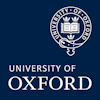
|
— Oxford Martin School (and Online), 34 Broad Street, Oxford, Oxfordshire, OX1 3BD, United Kingdom of Great Britain and Northern Ireland — University of Oxford
|

|
— Whiteknights campus, Reading, Reading, RG6 6AH, United Kingdom of Great Britain and Northern Ireland — University of Reading
|
|
|
|
| |
| |
| |
| |
| |
|
|
|
|
|
|
|